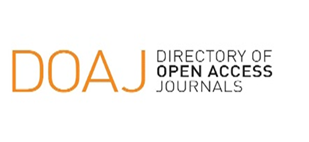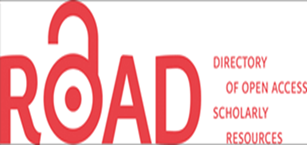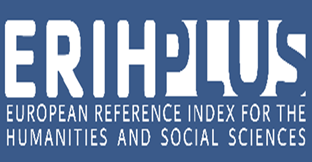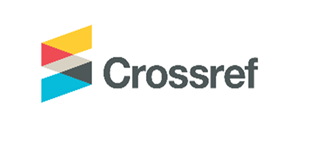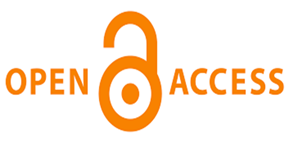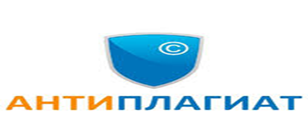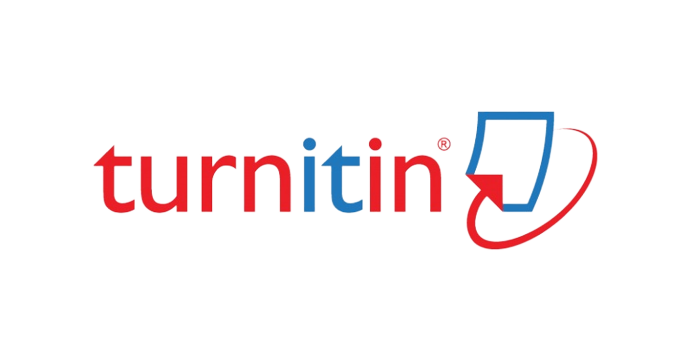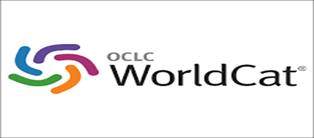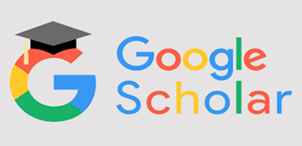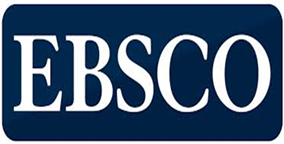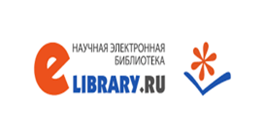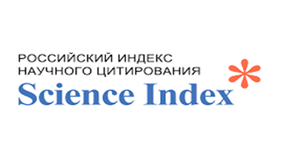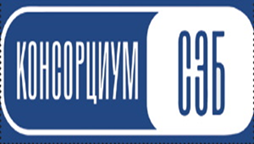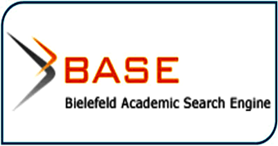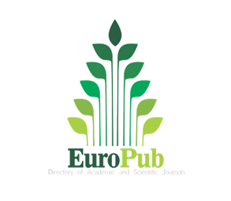Publication ethics
The editorial board and the publisher are against any form of unethical behavior and plagiarism. The ethical requirements of the “Turkic Studies Journal” are based on agreements adopted by the Committee on Publication Ethics (COPE), the Publishing Ethics Resource Kit (PERK) of Elsevier.
The publication ethics of the “Turkic Studies Journal” governs the responsibilities of the editor(s), authors and peer reviewers, and describes the consequences that may arise if misconduct is found. The editorial board of the journal adheres to ethical standards in relations with all participants in the publication process – authors, peer reviewers, editors and the publisher.
Ethics of publishing scientific articles
The main criteria for acceptance or rejection of a manuscript by the editors are the relevance and scientific importance of the submitted article, its relevance to the subject of the journal subject, the originality of the article and the reliability of the data, the clarity of the presentation of the material and the conformity of the article to all the requirements of the journal.
The editorial board of the journal work directly with the authors of the articles and does not work with agencies providing services to authors in the publication of their research results.
The editors guarantee absolute confidentiality in the process of receiving, editing and peer reviewing articles. The editors agree not to disclose information about the accepted manuscript to anyone else without necessity, with the exception of authors and peer reviewers. Participants in the publication process should not take advantage of unpublished data obtained from submitted manuscripts.
Double blind review has been adopted by the journal and the editors shall keep the author anonymous to the reviewer and the reviewer – to the author. Paper can be accepted to publication with two positive reviews. In case of opposite reviews (positive and negative), the Editorial Board shall examine both arguments and accept joint decision on paper with further correcting options and inform the author.
Editors shall ensure fair and quality review and make decisions on an objective basis. Editors shall not have a conflict of interest in connection with articles accepted or rejected for publication. Editors should not accept responsibility for work on a manuscript in which they have a conflict of interest caused by competitive, collaborative or other relationships with authors, research, funding or other organizations.
Editors guarantee that authors will not be discriminated against based on gender, age, religion, nationality, citizenship, political views, or any other grounds.
Editors should not reverse decisions to accept submissions or retract the papers unless serious problems are identified with the submission (misconduct of the author, errors or misleading statements).
The editors undertake to respond quickly to incoming complaints, guarantee the consideration of claims relating to the considered manuscripts or published materials. If a conflict situation is identified, the necessary measures will be taken to restore the violated rights.
The editors agree to be attentive to to intellectual property issues and to cooperate with other editors and publishers in resolving cases of possible violations of intellectual property laws and agreements.
Ethics of authors of scientific publications
The authors guarantee that the manuscript sent to the “Turkic Studies Journal” for publication is an original manuscript written in one of the languages of the journal and has not been published in whole or in part. Simultaneous submission of the same manuscript to one or more other journals will be considered unethical behavior and will result in disqualification of the article from consideration.
If the elements of the manuscript have already been published in another article, the authors must refer to the earlier work and indicate what the essential difference is between the new text and the previous one. When using textual or graphical information derived from the work of others, references to relevant publications and primary sources are required.
Plagiarism is unacceptable and considered unethical behavior. Information derived from third parties may be published only with written permission from the original source. The author cannot allow the results of the work of others to be excessively borrowed, paraphrased, or adopted.
The list of authors of the manuscript includes all persons who contributed significantly to the implementation of the ideas, the design and conduct of the study and the interpretation of the data obtained. The final version of the article must be agreed with all authors.
The authors are required to participate in the review process and be ready to make corrections, clarifications and necessary changes as prescribed by the reviewers and journal editors.
In case of misconduct of the author is revealed during the reviewing the paper or pre-print works, editors can remove the paper from further reviewing, halt the cooperation with the author and inform his/her institution about misconduct.
If misconduct of the author is revealed after the publication (redundant publication, copyright violation, plagiarism, etc.) editors are eligible to retract the publication from the journal, archiving and indexing and report the misconduct to other journals (with redundant publication) and to the employer of the author.
If the author finds significant errors or inaccuracies in the publication, the author is obliged to provide the editors with a refutation or corrections, together with them either withdraw the article or publish the necessary corrections.
Ethics of peer review of scientific publications
A manuscript received for review should be treated as a confidential document. The materials should not be shown or discussed with anyone, except those authorized by the Editor-in-Chief. Non-public information or ideas that become known during the peer review process should remain confidential and should not be used for personal benefits.
The peer review must be carried out on objective grounds. A personal critical attitude of the reviewer towards the author is not permitted. Peer reviewers are obliged to express their opinion clearly and to support it with the necessary arguments.
The peer reviewer’s opinion should not depend on the gender, religion, nationality, civil status and other personal data of the author (s).
Peer reviewers should not undertake to review manuscripts in which they have a conflict of interest caused by competitive, collaborative or other relationships with authors, research or funding organizations related to the submitted article for publication.
Peer reviewers should not participate in the review and evaluation of manuscripts in which they have a personal interest.
Peer reviewer should reveal published materials in reviewed paper which have not been cited by the author. Any statements, conclusions or argument that had been exploited before in any publication should be appropriately formatted as citations. Peer reviewer should also draw editor’s attention to significant or partial similarity to any work he/she has seen before.
Publisher's responsibility
The publisher L.N. Gumilyov Eurasian University undertakes to observe the publishing ethics of editors, thereby ensuring the autonomy of editorial decisions and not to allow them to be influenced by advertisers or other commercial partners.
The publisher undertakes to protect the objectivity of scientific results, not to compromise intellectual or ethical standards in the context of commercial considerations, and to agree to publish corrections, clarifications, retractions and apologies when necessary.
In the event of demonstrably unacceptable conduct of the author (s) in science, false publication results or plagiarism, the publisher, in close cooperation with the editors, will take the necessary appropriate action in accordance with the instructions of the Committee on Publication Ethics, Publishing Ethics Resource Kit.
The authors, sending the article to the publisher, provide the L.N. Gumilyov Eurasian National University rights for an unlimited period:
- the right to reproduce a scientific paper in the Turkic Studies Journal (publication, publication, duplication, replication or other reproduction) with a limited circulation of the printed version (50-40 copies); no time limit for an article or journal in the electronic version;
- the right to freely distribute the article on any medium around the world as a separate work and / or as part of a journal;
- the right to store, process and use the metadata of the article by disseminating and making available to the public; processing and systematization, as well as inclusion in various databases of information systems.


